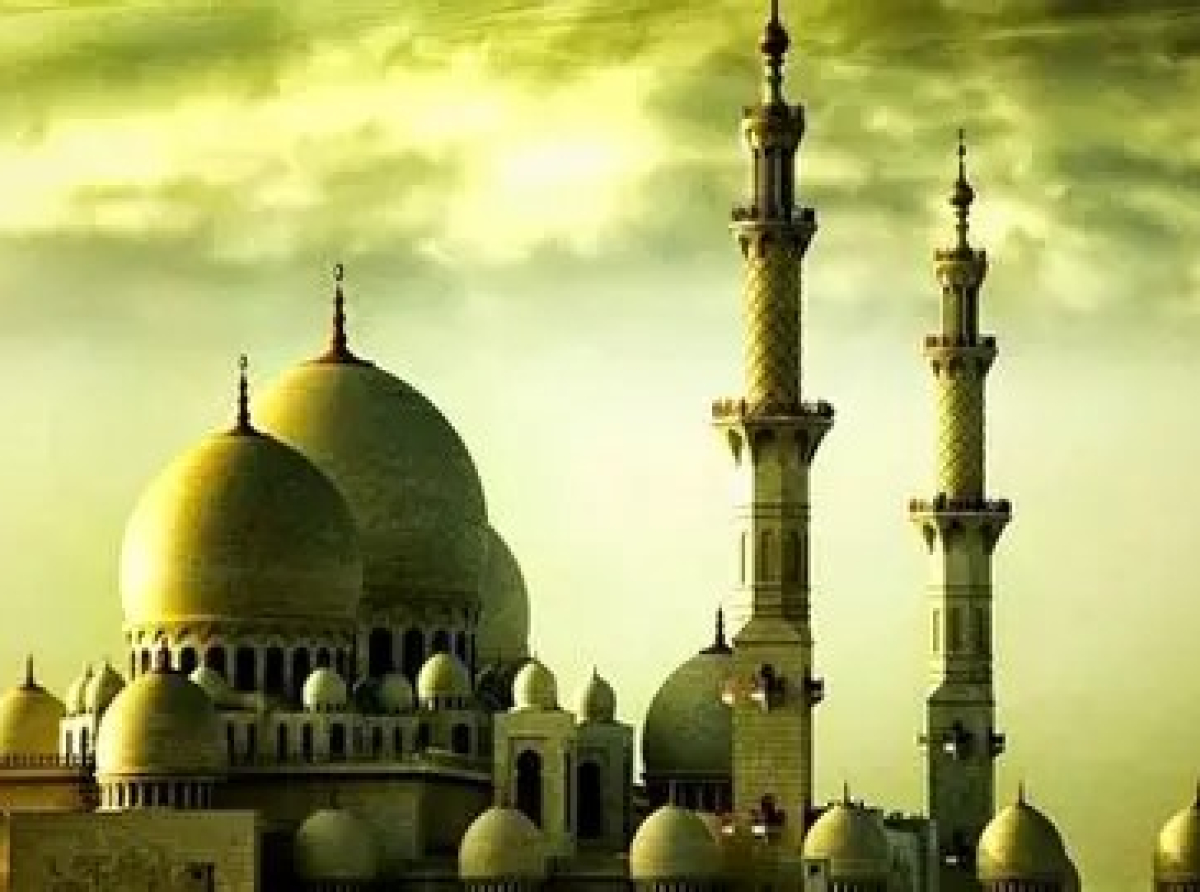With the increasing number of Muslims in Western countries, Islamic culture is no longer a passing guest in these societies, but has become part of their diverse cultural scene.
Within this phenomenon of Islamic culture in the West lie fundamental concepts: multiculturalism, tolerance, and coexistence; values that are aligned with the foundation of Islamic culture. Through educational and religious institutions, social networks, and intercultural dialogue, Muslims can contribute to shaping a social discourse that embraces greater understanding and inclusion.
Islamic culture is an integral part of the religious and social identity of Muslims around the world; a culture rooted in more than 1,400 years of history and civilizational heritage. With the increasing Muslim population in Western countries – whether through immigration or conversion to Islam – the presence of Islamic culture in the West has become a phenomenon that requires examination and analysis.
Although Islam is often thought of as a religion of the Middle East or Asia, its presence in the West is not a new phenomenon. It dates back centuries, and Muslims have played a significant role in shaping some of the fundamental aspects of Western civilization throughout history.
Islam in the West is not a new phenomenon, but dates back to the Middle Ages. During the Islamic conquests of the 7th and 8th centuries, Muslim influence reached Europe, through Andalusia (Spain) and southern Italy. During that period, Muslims played a significant role in the development of science, philosophy, and art, and left a lasting impact on European civilization.
Over time, and especially after the fall of Andalusia in the late 15th century, this presence gradually diminished. However, Islam re-emerged in the West in a significant way in the 20th century, this time not through conquests but through mass migration from Islamic countries to Europe and North America.
In recent years, the number of Muslims in Western countries has increased dramatically. This growth is due to a variety of factors, including economic migration, political asylum, and intercultural marriages. According to the Pew Research Center, the Muslim population in Europe is projected to reach about 7.5 percent of the total population by 2050. These figures indicate a significant demographic shift that is affecting the cultural and social fabric of Western societies.
Islamic culture is not just a set of habits and traditions, but a comprehensive system that includes moral values, religious rituals, arts, and knowledge. In Western countries, Muslims try to preserve their cultural identity by performing acts of worship such as prayer and fasting, wearing traditional clothing, and holding ceremonies such as Eid and weddings.
Despite efforts to foster understanding between cultures, Muslims in the West continue to face serious problems stemming from Islamophobia. This prejudice manifests itself in the form of negative stereotypes in the media or in racist attacks directed at Muslims simply because of their appearance or religious beliefs. Intercultural dialogue is an effective tool for fostering mutual understanding. By holding cultural meetings, art exhibitions, and conferences, Muslims and non-Muslims can get to know each other better, thereby reducing misunderstandings and prejudices. Through social media, Muslims can connect with a wide audience and provide educational and cultural content that reflects Islamic values in a positive way.
Islamic culture in the West is a multifaceted phenomenon that oscillates between challenges and opportunities. On the one hand, Muslims face difficulties in maintaining their cultural and religious identity in environments that sometimes do not understand their principles. On the other hand, this same atmosphere provides the opportunity for the true face of Islam to be better presented as a religion of peace and coexistence.
By promoting intercultural dialogue, leveraging technology, and supporting Islamic institutions, Muslims can help create more diverse and respectful societies in the West. At the same time, Western societies have a responsibility to create an environment that is more accepting and respectful of others and their differences.
Translator:Fatemeh Abbaszadeh

 En
En  Fa
Fa 